When it comes to infectious diseases, norovirus—often referred to as the "stomach bug"—is among the most notorious. Known for causing sudden and severe outbreaks of gastroenteritis, norovirus is incredibly contagious and can linger on surfaces for days if not properly cleaned. This makes professional norovirus cleaning a critical step in breaking the chain of infection and keeping your environment safe.
In this article, we’ll explore what norovirus is, why it’s so challenging to clean, and the best practices for effective norovirus disinfection.
What is Norovirus?
Norovirus is a highly contagious virus that spreads through:
- Direct contact with an infected person.
- Consuming contaminated food or water.
- Touching contaminated surfaces and then touching your mouth.
Common in schools, healthcare facilities, restaurants, and cruise ships, norovirus spreads quickly in places where people gather in close quarters. Symptoms include nausea, vomiting, diarrhea, and stomach cramps, typically lasting 1-3 days.
Why Is Norovirus Hard to Clean?
Norovirus is a resilient pathogen. Unlike many bacteria and viruses, it can:
- Survive for days on hard surfaces like countertops and door handles.
- Resist common cleaning products that are not labeled as disinfectants.
- Spread through aerosolized particles from vomiting or flushing contaminated toilets.
Proper norovirus cleaning requires specialized techniques and EPA-approved disinfectants specifically formulated to eliminate this hardy virus.
Best Practices for Norovirus Cleaning
Whether you’re a homeowner, business owner, or facility manager, here’s how to handle norovirus cleaning:
1. Wear Protective Gear
Before starting, protect yourself with disposable gloves, masks, and aprons. This minimizes the risk of direct exposure.
2. Use the Right Cleaning Products
Not all cleaning products are effective against norovirus. Look for EPA-approved disinfectants with claims to kill norovirus.
- Bleach-based solutions: Mix 5-25 tablespoons of household bleach with one gallon of water for surfaces.
- Hydrogen peroxide-based products: Effective on porous and non-porous surfaces.
3. Focus on High-Touch Surfaces
Pay extra attention to areas like:
- Door handles.
- Light switches.
- Faucets and toilet handles.
- Shared electronics like keyboards and phones.
4. Clean First, Then Disinfect
Remove visible dirt and organic matter before applying disinfectants. This ensures the disinfectant can work effectively.
5. Launder Contaminated Fabrics
Wash clothing, bedding, and towels in hot water with detergent and machine dry on high heat. Avoid shaking fabrics to prevent spreading virus particles.
6. Ventilate the Area
Proper airflow helps reduce the concentration of airborne virus particles. Open windows or use exhaust fans during cleaning.
When to Call the Professionals
In large-scale outbreaks or environments with vulnerable populations (e.g., hospitals, schools, nursing homes), hiring professional cleaning services is the best choice. Professionals offer:
- Expertise: Trained technicians follow CDC and EPA guidelines for norovirus cleaning.
- Specialized Equipment: Tools like electrostatic sprayers ensure even disinfectant application.
- Thoroughness: Pros know how to reach hidden areas that harbor pathogens.
The CoBuilders: Your Trusted Partner for Norovirus Cleaning
At The CoBuilders, we understand the urgency of norovirus outbreaks. Our specialized cleaning services help restore safety and hygiene in your home, office, or facility.
Why Choose Us?
- Certified Cleaning Experts: Our team is trained in handling norovirus cleanup following CDC and OSHA guidelines.
- EPA-Approved Products: We use disinfectants proven to kill norovirus and other pathogens.
- Comprehensive Service: From high-touch surfaces to deep-cleaning carpets, we leave no corner untouched.
- Emergency Response: Available 24/7 to address urgent cleaning needs.
How to Prevent Norovirus in the Future
Cleaning is crucial after an outbreak, but prevention is just as important. Here’s how to minimize your risk:
- Practice Proper Hand Hygiene: Wash hands frequently with soap and water for at least 20 seconds.
- Disinfect Regularly: Clean high-touch surfaces daily, especially during flu and stomach virus seasons.
- Isolate Infected Individuals: If someone in your home or workplace shows symptoms, keep them separated until they recover.
- Handle Food Safely: Wash fruits and vegetables thoroughly and avoid preparing food if you feel unwell.
FAQs About Norovirus Cleaning
Q1: How long can norovirus live on surfaces?
Norovirus can survive for days or even weeks on hard surfaces if not properly disinfected.
Q2: Can regular household cleaners kill norovirus?
Most standard cleaners are ineffective. Look for EPA-approved disinfectants specifically labeled for norovirus.
Q3: What should I do if someone vomits or has diarrhea?
Quickly clean and disinfect the area using gloves and EPA-approved disinfectants. Dispose of contaminated materials in sealed plastic bags.
Q4: Can you disinfect carpets for norovirus?
Yes, professionals like The CoBuilders use steam cleaning and specialized products to sanitize carpets.
Q5: Is bleach the only solution for killing norovirus?
Bleach is highly effective, but there are alternative EPA-approved disinfectants like hydrogen peroxide-based cleaners.
Featured Posts
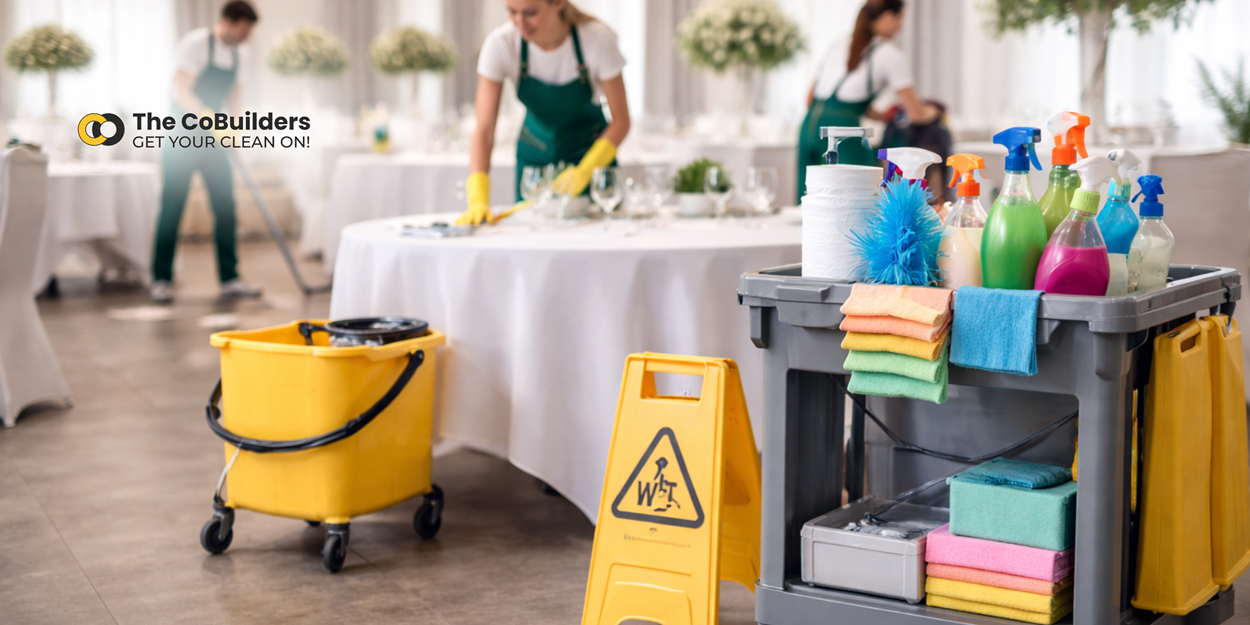
2.01 min read
Event Cleaning Service for Large Venues: What Organizers Should Know

3.81 min read
Move-In/Move-Out Cleaning: A Guide for Renters & Homeowners
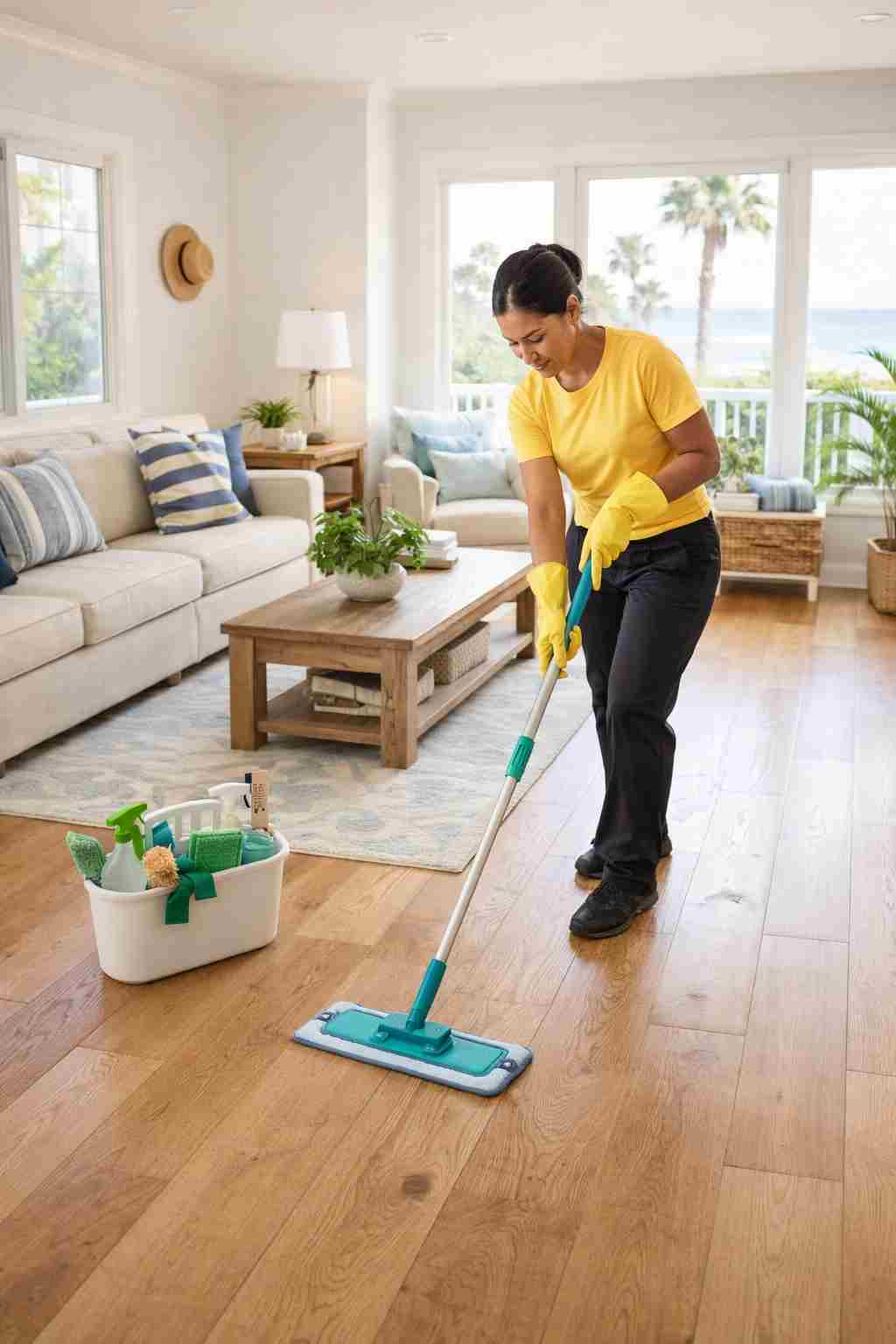
3.25 min read
House Cleaning Services in Ventura, California
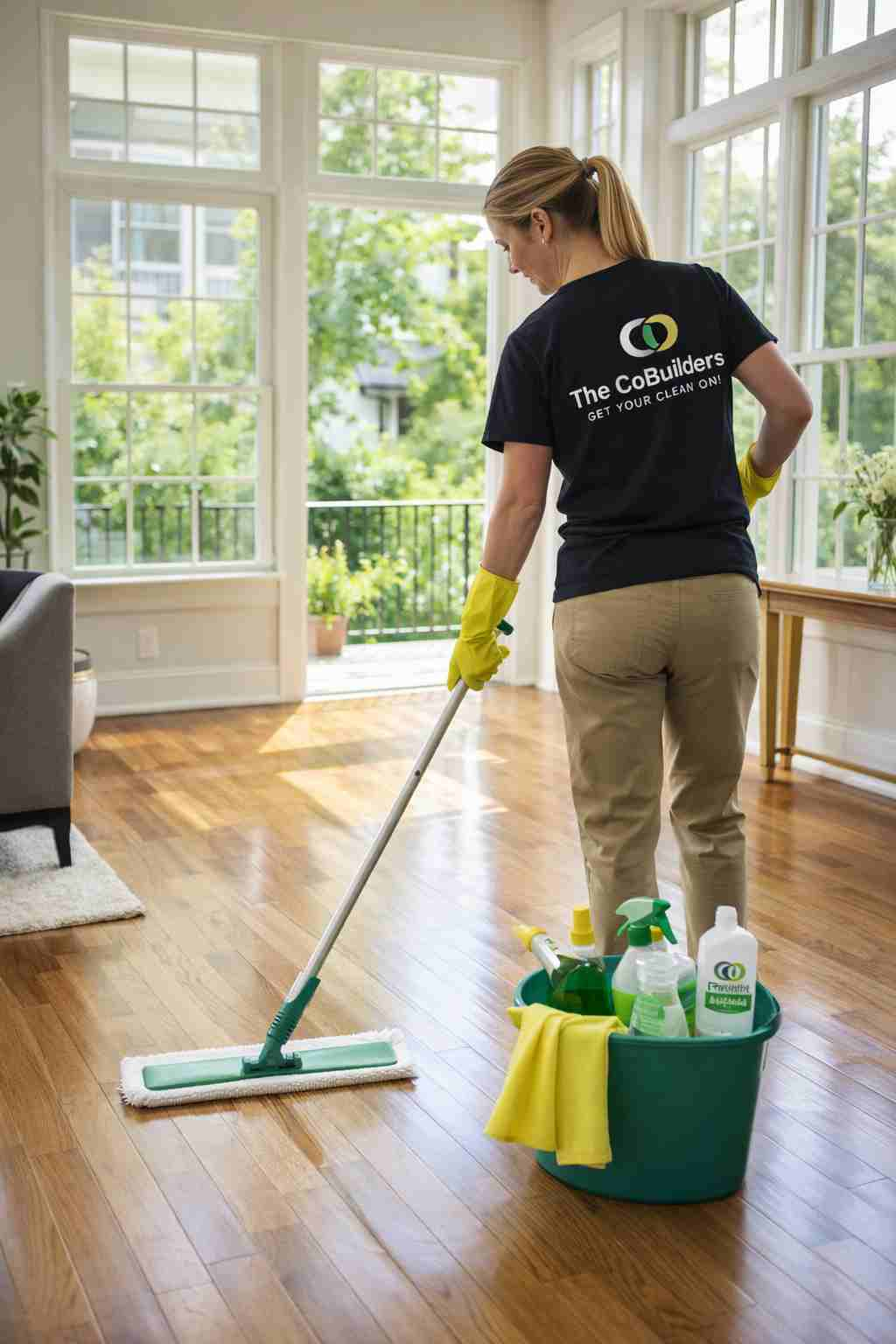
3.38 min read
House Cleaning Services in Lexington, Kentucky
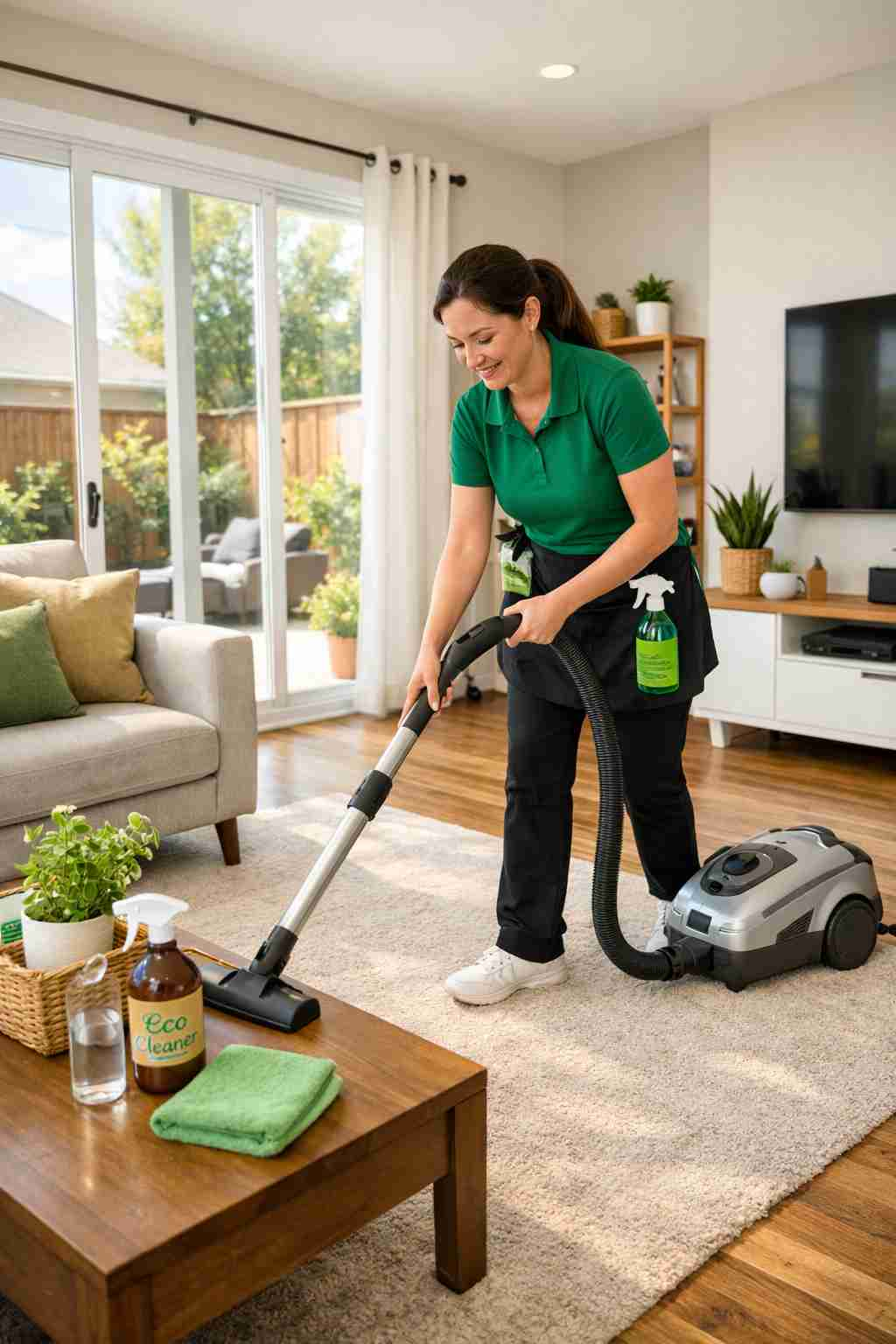
3.25 min read
House Cleaning Services in West Sacramento, California
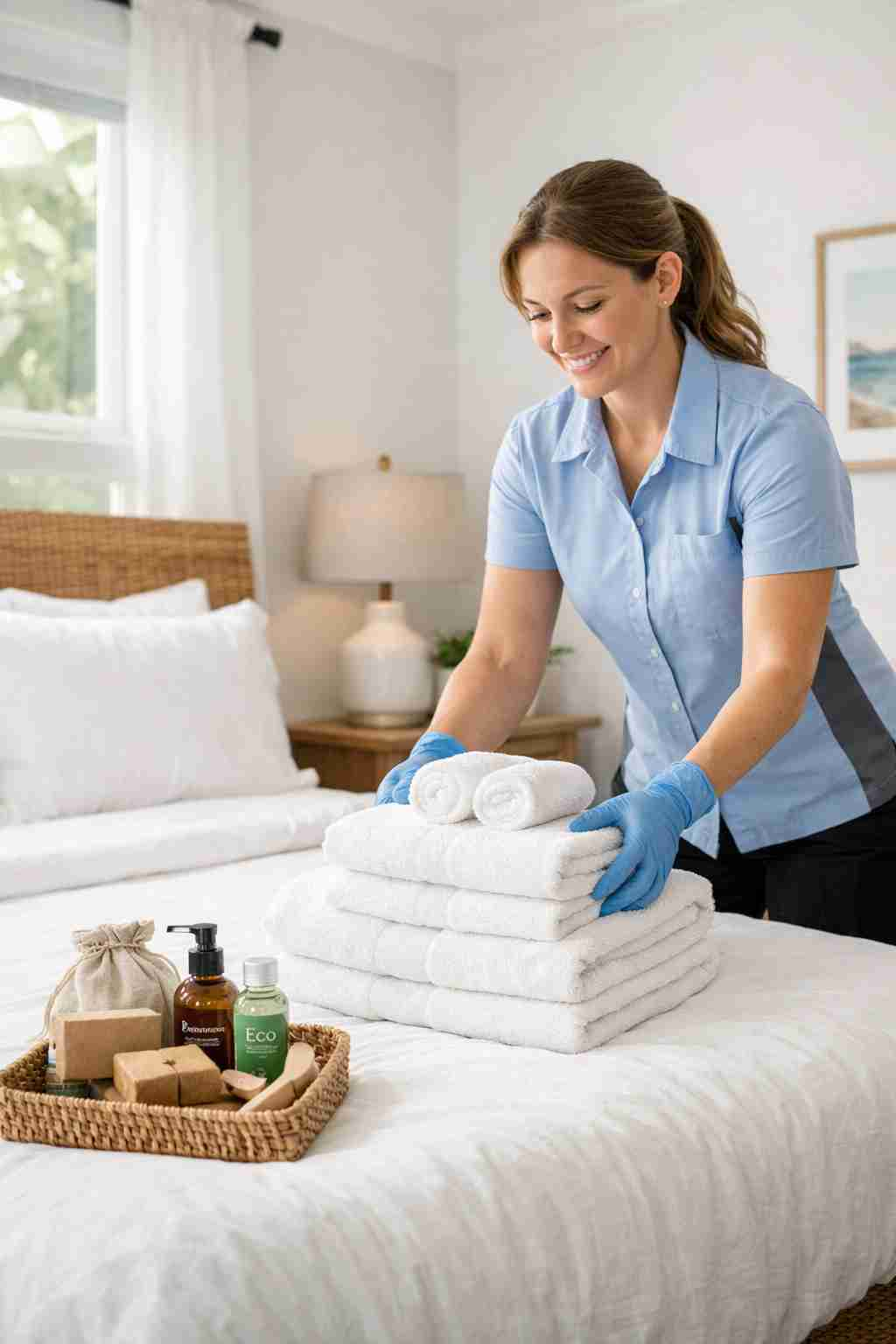
3.22 min read
Airbnb Vacation Rental Cleaning Services
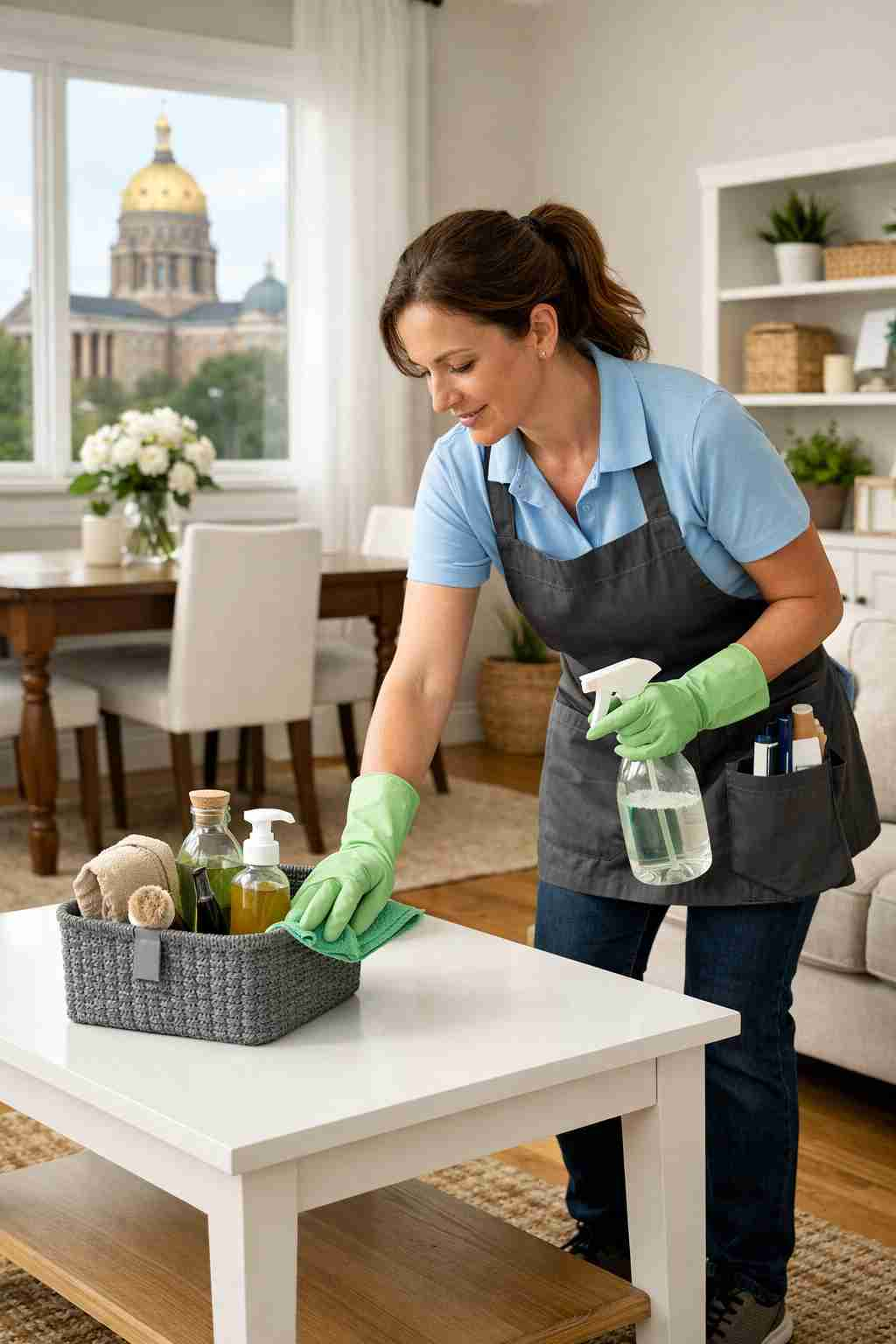
3.24 min read
House Cleaning Services in Des Moines, Iowa
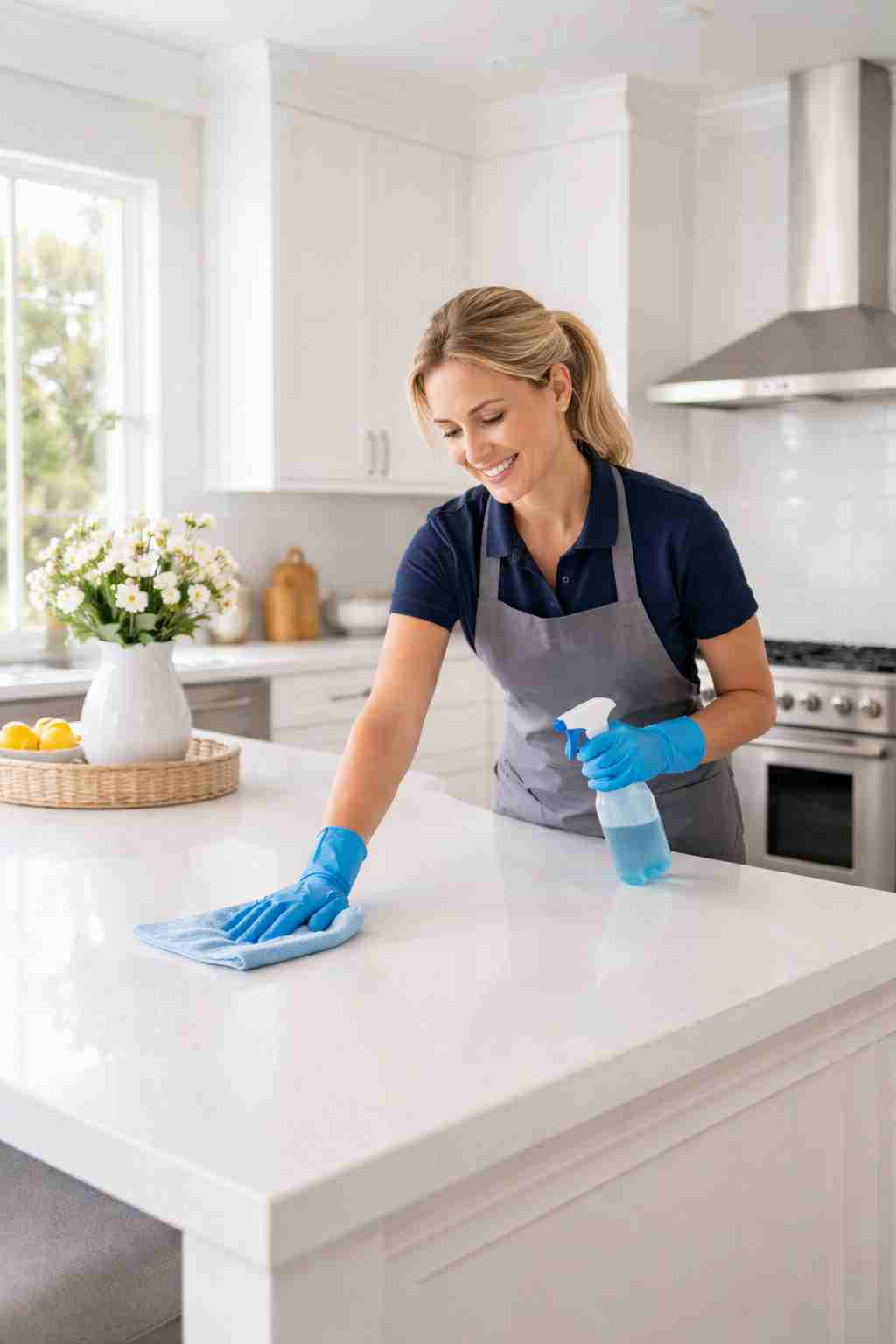
3.24 min read
House Cleaning Services in Irvine, California
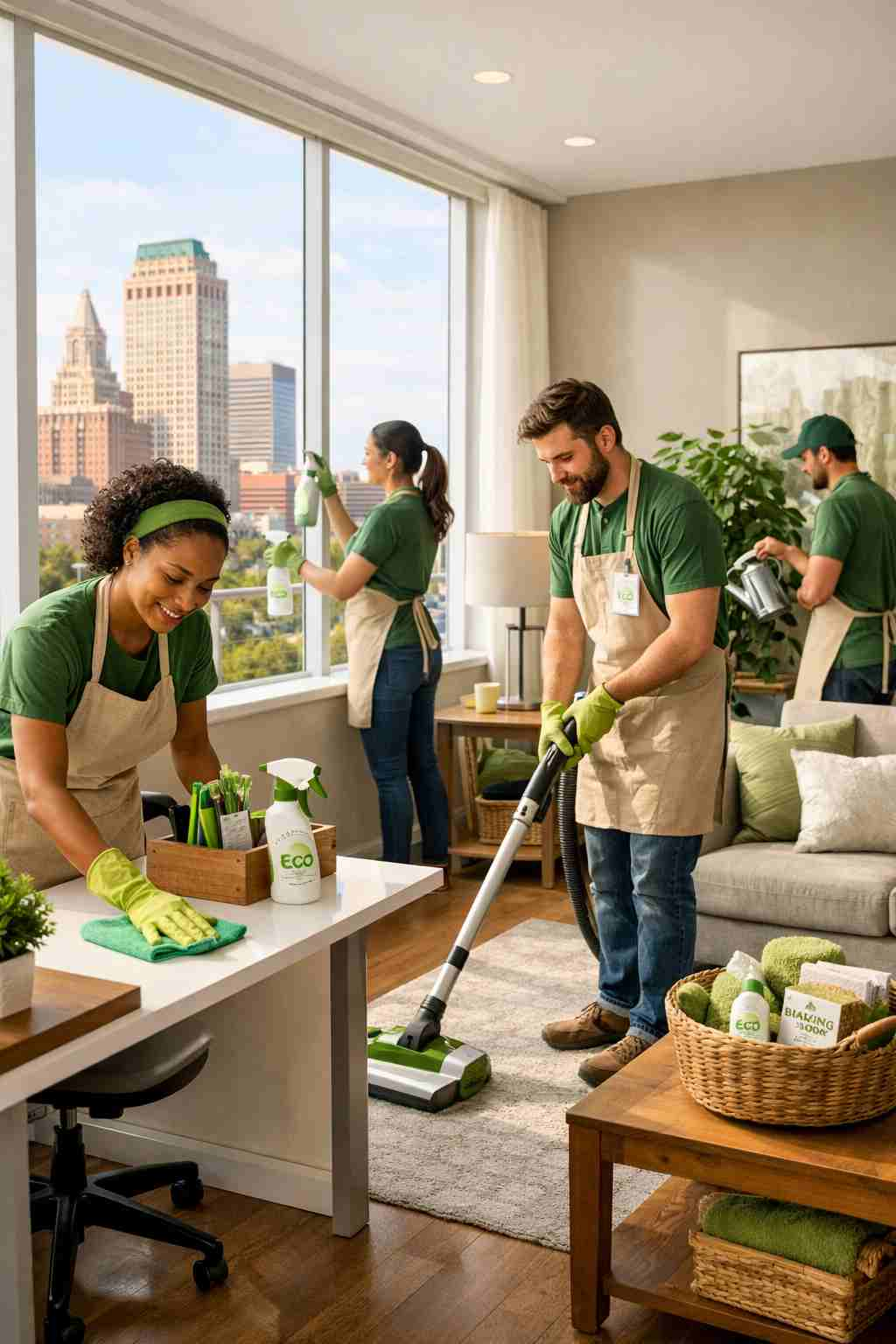
2.95 min read
Cleaning Services for Homes & Businesses in Tulsa, OK
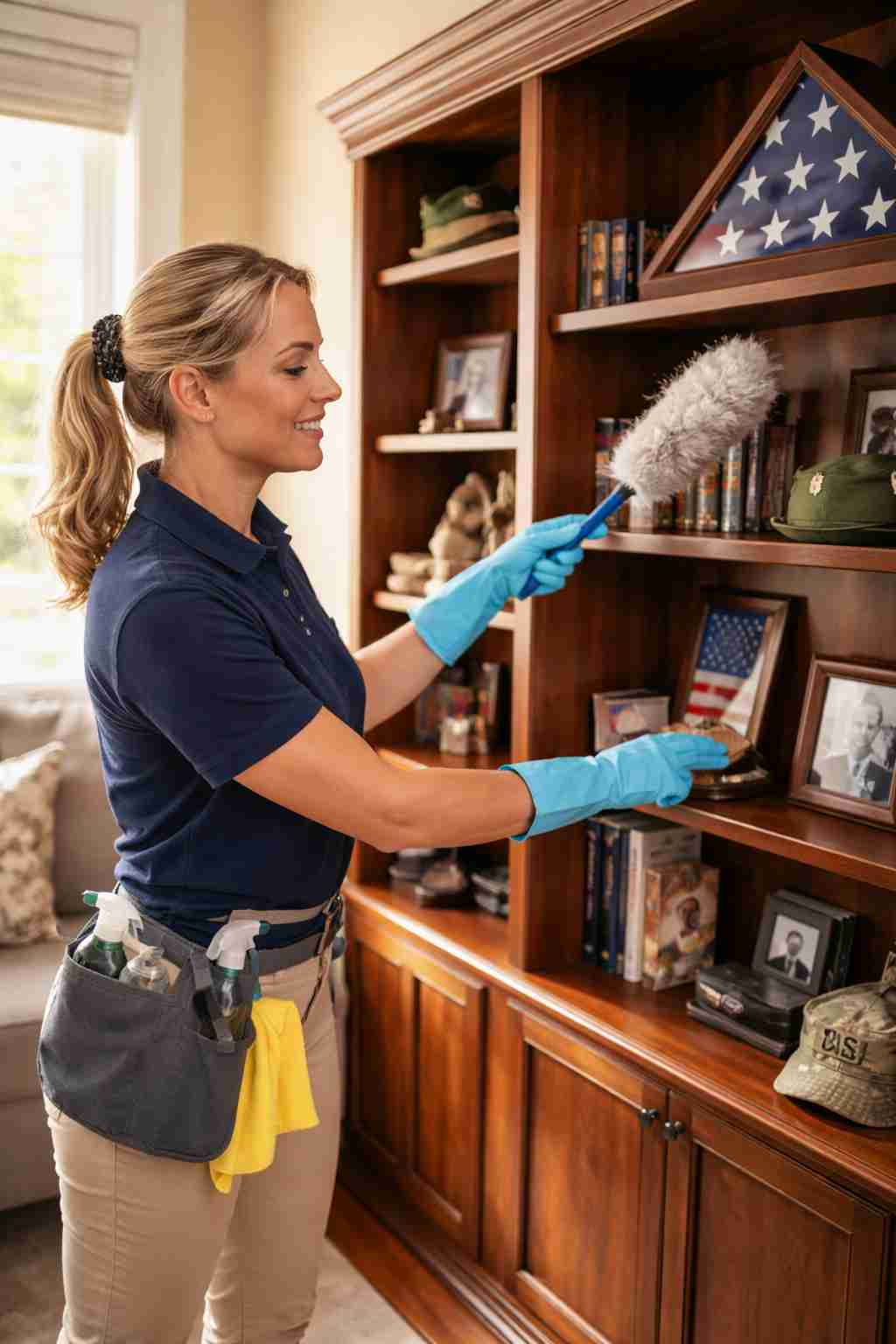
2.88 min read
House Cleaning Services in Fayetteville, North Carolina
